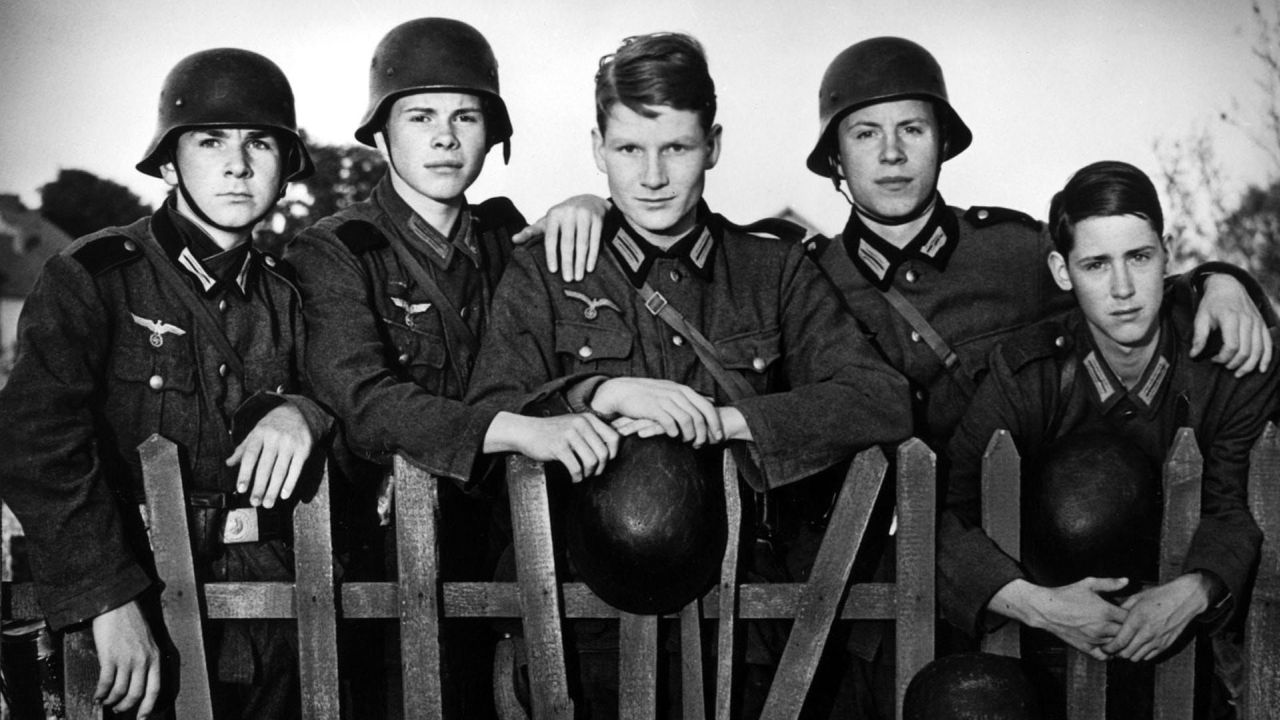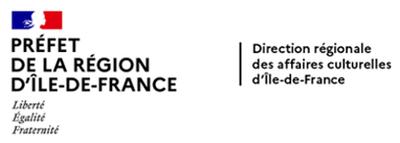

The Bridge
(Die Brücke)
Bernhard Wicki
- 1959
- 1h43mn
- Original version with French subtitles
- Black and white
Barely mobilized, a group of young Germans is ordered to protect a small bridge in their home village, one the Wehrmacht itself plans to destroy. Driven by their idealism and patriotism, they will defend this patch of stone at all costs.
This adaptation of the autobiographical pacifist novel by Gregor Dorfmeister, inspired by a forgotten historical fact, is considered to be the first film from Germany to depict and denounce the war. Perhaps only in Russian Elem Klimov’s Come and See, is the absurdity of war so palpable, with its sacrificed adolescents, its children playing at war as if in kindergarten, already swamped by nazi ideology by principle. After getting us to care for them in their little village, Wicki captures their smiles on their first kill, and their terror when they die.
Credits
- With : Folker Bohnet, Fritz Wepper, Michael Hinz, Frank Glaubrecht, Karl Michael Balzer...
- Screenplay : Bernhard Wicki, Michael Mansfeld, Karl-Wilhelm Vivier (based upon the novel by Manfred Gregor)
- Photography : Gerd von Bonin
- Editing : Carl Otto Bartning
- Music by : Hans-Martin Majewski
- Production : Hermann Schwerin, Jochen Schwerin
















Adilkhan Yerzhanov